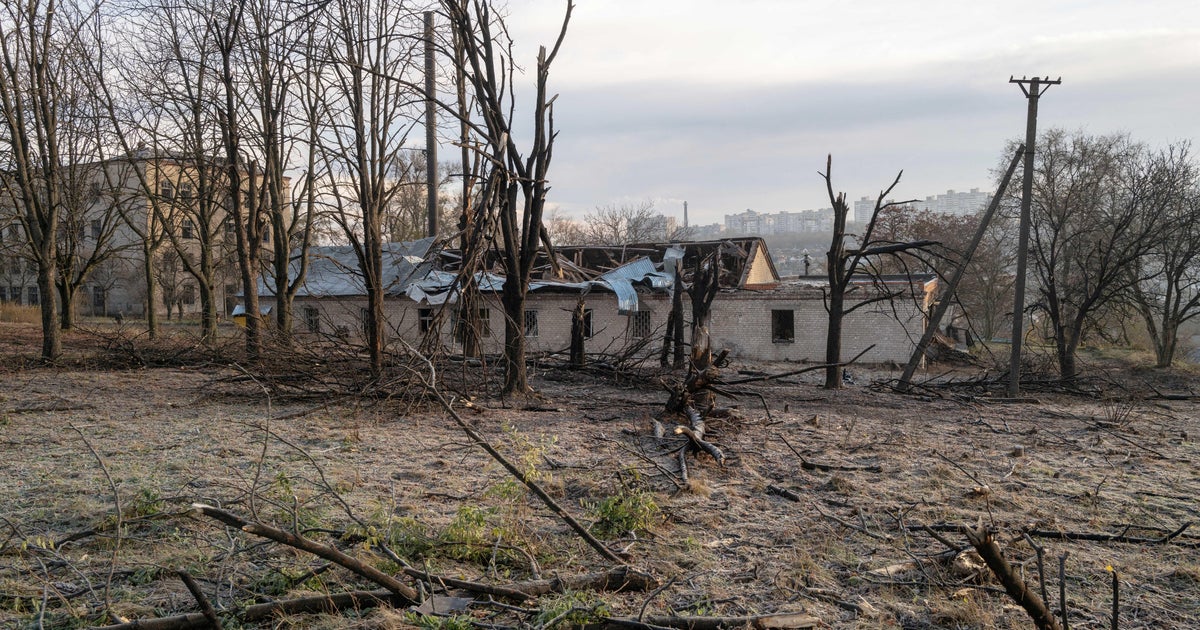What we know about Russia’s new missile
Russia launched a volley of missiles toward the eastern Ukrainian city of Dnipro early Thursday morning, including a new type of ballistic missile that has North Atlantic Treaty Organization members on edge.
The powerful next-level, multiple-warhead battlefield weapon, which has been analyzed by the Pentagon, has prompted NATO to hold an emergency summit on Tuesday. Among the cruise missiles intercepted in the assault was what the Defense Department has identified as a variant of the RS-26, an “experimental” intermediate-range ballistic missile (IRBM), a reconfigured Russian intercontinental ballistic missile, according to a U.S. official.
The missile aimed at Dnipro in central Ukraine focused on one area, carrying six warheads about 750 miles from the launch location, in retaliation for Ukraine’s attack earlier in the week on a military facility in Russia. Ukraine is bracing for more volleys.
While publicly, U.S. officials say Russia likely possesses only a handful of these experimental missiles, sources say these ballistic missiles pose a unique threat. They’re capable of reaching 3,000 miles, and carrying a multiple-payload system. These systems are designed to carry and launch multiple warheads and to release them at different speeds and different directions, potentially over an area of more than 1,000 miles. They’re also capable of carrying nuclear warheads. Heightening U.S. and NATO concerns further, it’s the first time such a system has been used, and much still remains unknown about their utilization.
“What if he decides to target Lviv next,” a U.S. official said, referencing a city in Western Ukraine near the border with Poland.
The systems’ capabilities challenge even the most advanced of Ukraine’s air defense systems, as the war-weary nation tries to defend itself from Russia more than 2.5 years after Russian President Vladimir Putin invaded Ukraine.
Pentagon spokesperson Sabrina Singh said Russian officials warned the U.S. of the launch through nuclear risk reduction channels. That helped ensure that it wasn’t misidentified as an intercontinental ballistic missile and therefore a possible nuclear threat.
While Russia already has sufficient weapons in its arsenal to strike NATO partners, Poland is particularly unnerved by these new developments. Polish Prime Minister Donald Tusk said there is a “serious and real” threat of global war. Ukrainian President Volodymyr Zelenskyy called it a “clear and severe escalation” by Russia. Zelenskyy accused Putin of using Ukraine as a “testing ground.”
President Biden’s recent decision to allow Ukraine to fire U.S.-made and supplied missiles deeper into Russia, a major policy shift, has prompted furious responses from Moscow.
Charlie D’Agata is CBS News’ senior national security correspondent. He was previously a senior foreign correspondent and has spent more than two decades covering international news for CBS.



